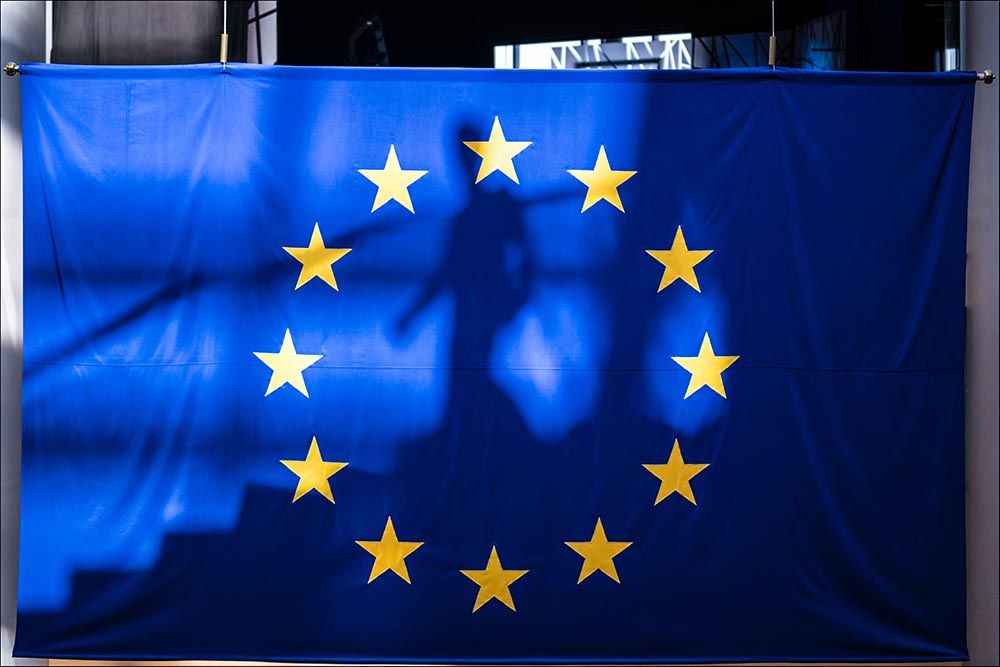'No Deal' Brexit Could Knock Eurozone GDP Growth Down to 0% in 2019

Image © European Union 2018 - European Parliament, Reproduced Under CC Licensing.
Bank of America Merrill Lynch Global Research have released new research that suggests Eurozone GDP could fall sharply in the event of a 'no deal' Brexit transpiring on March 29.
According to analysis dated January 18, BofAML say there is little evidence that Brexit uncertainty is responsible for the sharp slowdown in Eurozone economic growth recorded in 2018, however, "the risk of a no-deal Brexit can't be ruled out".
Economist Ruben Segura-Cayuela at Merrill Lynch's Spanish office says "the Brexit vote led to an increase in policy uncertainty in Europe of more than three standard deviations, although it was very short-lived. A similar shock, if it were to persist, could easily impact GDP by 30-60bps."
BofAML's economic modelling relies on an assumption that a "no deal" Brexit would introduce immediate tariffs for trade between the UK and the rest of the EU, and the size of the shock to economic activity depends on the specific assumptions but most estimates in the case of goods suggest an average tariff rate in the 3-4% range.
"In sum, we would look for a short-term hit to Eurozone GDP of 0.7% to 1.0%. In other words, a 'no deal' Brexit could bring EU growth well below potential and just slightly above zero," says Segura-Cayuela.
Data shows the EU exports 2.5% worth of GDP to the UK with the UK being the EU's second-largest export destination after the U.S., EU-UK exports account for about 13% of the EU's total export basket.
Bank of America Merrill Lynch say they see little evidence Brexit uncertainty is behind the Eurozone's 2018 growth slowdown, however we reported yesterday that researchers at UniCredit have been able to pin the blame for the slowdown squarely on a drop in EU exports to Turkey and the UK.
"The severity of the slowdown in Eurozone exports in 2018 was surprising not only when compared to earlier expectations," says Marco Valli at UniCredit in Milan. "Despite accounting for only about 3% of total extra-euro area exports, Turkey stands out as the main drag, followed by the UK."
Eurozone GDP growth fell to 0.3% quarter-on-quarter in the first three quarters of 2018, less than half the rate experienced in 2017. Estimates from UniCredit suggest a 0.2% growth rate will be recorded in the final quarter of 2018.
The expectation at both BofAML and UniCredit is however that a 'no deal' Brexit will be avoided.
BofAML economists have downgraded their Eurozone growth forecasts today, they now expect the Eurozone to grow 1.1%, on average in 2019, down from a previous forecast of 1.4%.



